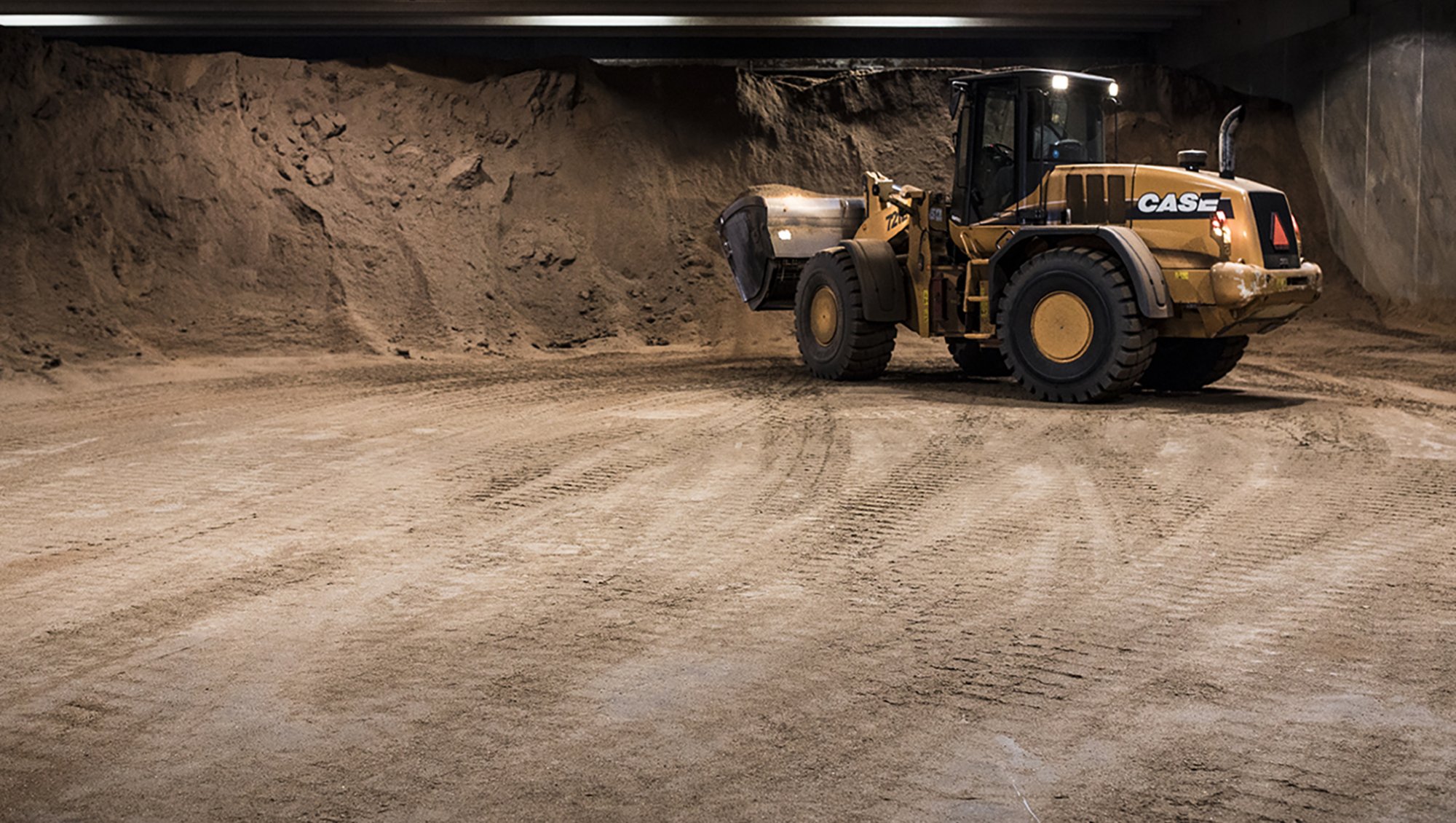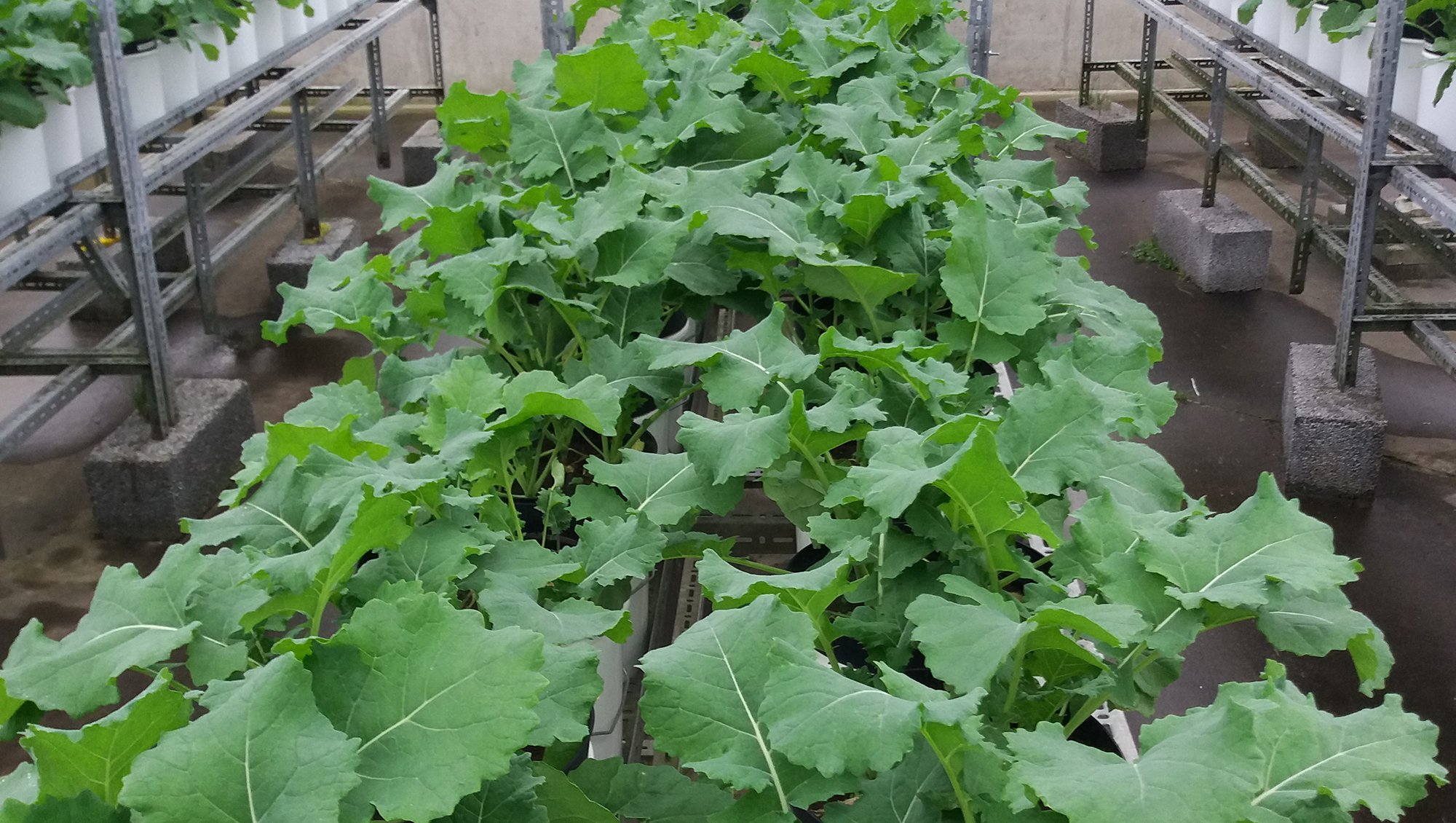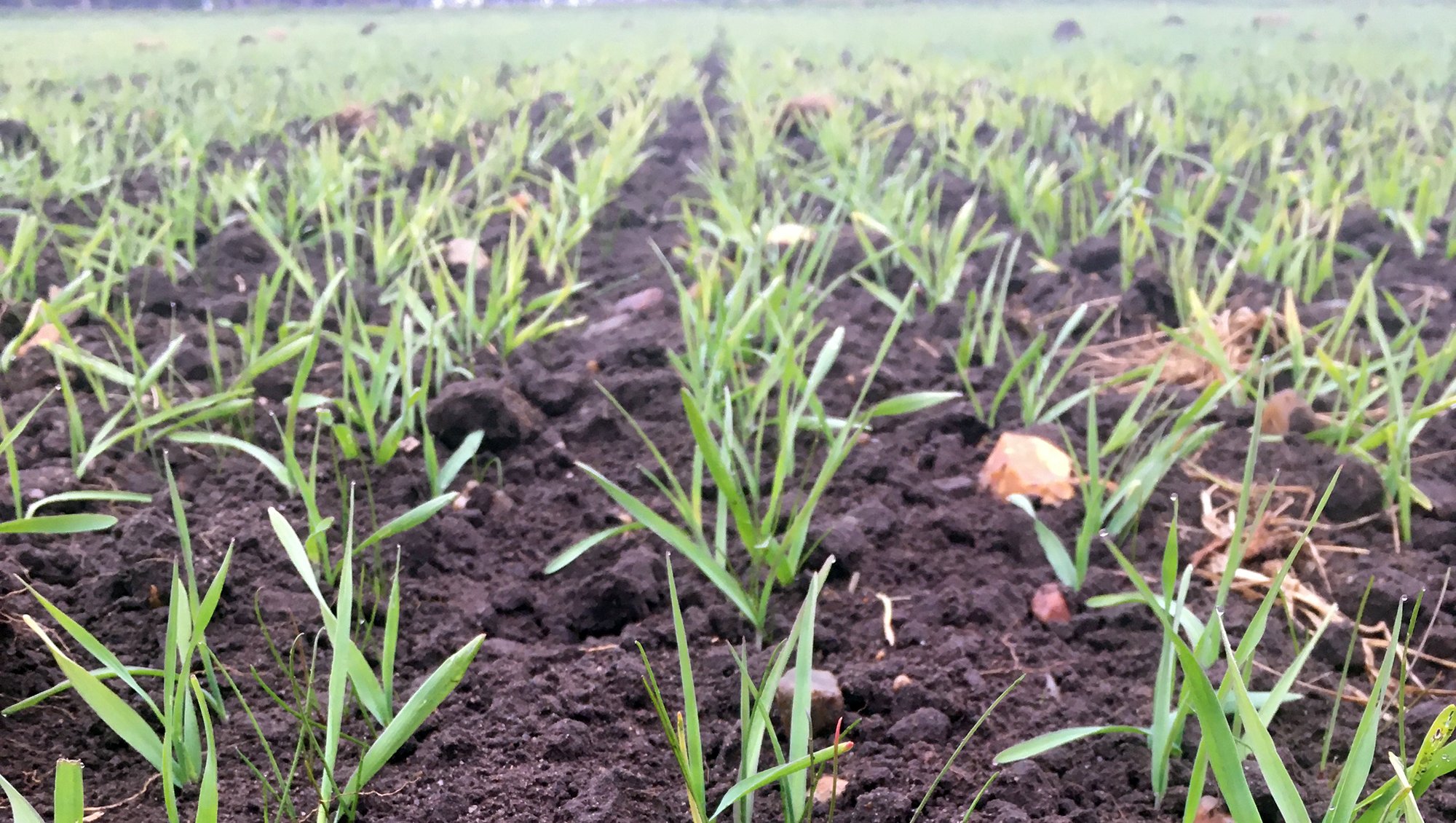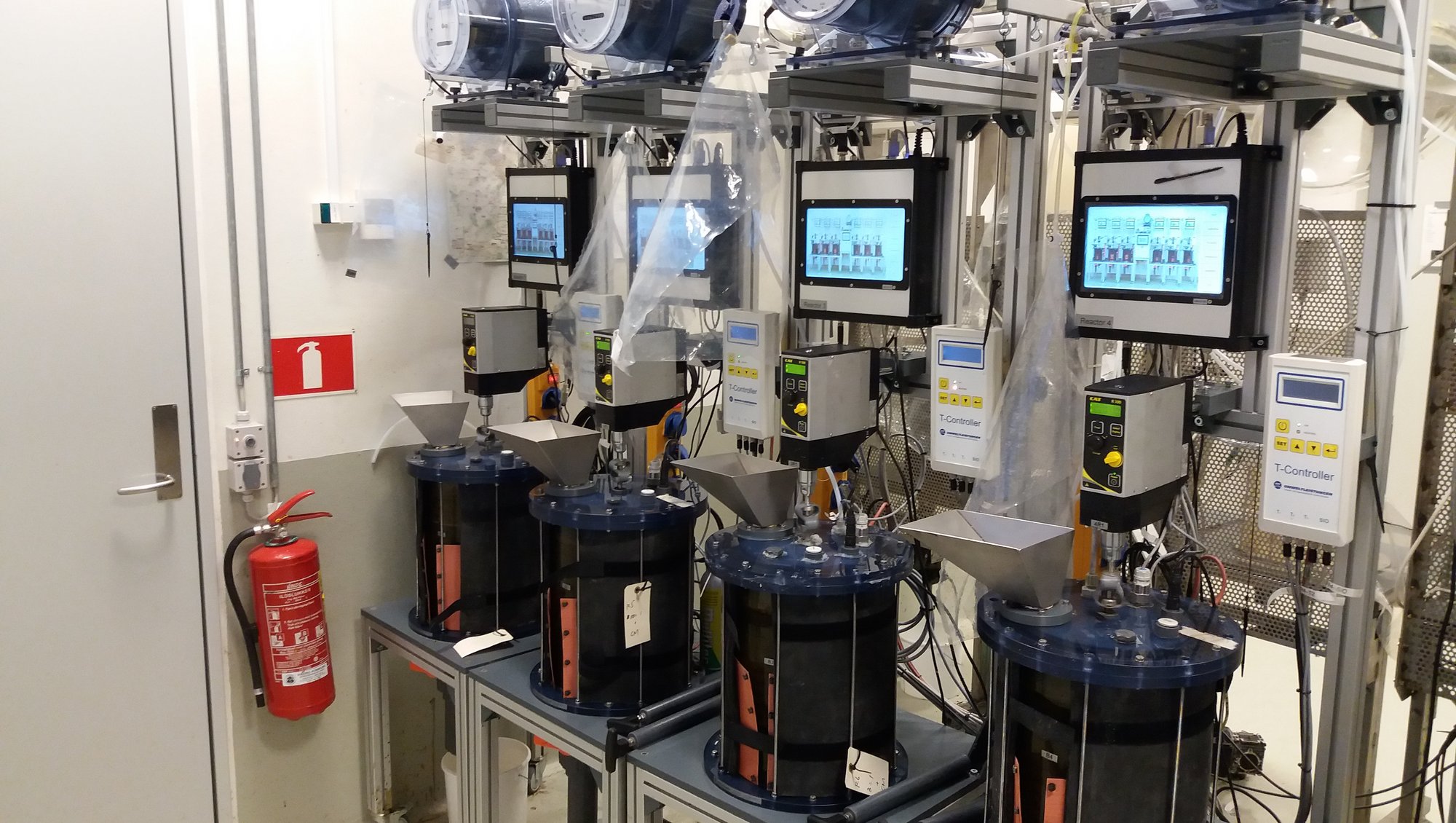FertiHood
Recycling of nutrients in waste products to meet organic targets
The organic area is growing. An old target of doubling the 2007 area has been achieved - and organic production now makes up 11 percent of the agricultural area. However, this is only the beginning, since the EU Commission’s policy ‘Food 2030’ has a goal of organics making up 25 percent of the agricultural area in 2030.
But, are there enough nutrients for plant production? The significant increase of the organic area in Denmark and Europe challenges the availability of nutrients and requires increased recycling, yet there is a lack of overview of opportunities and solutions for better nutrient-supplying capacity of soils through recycling.
Purpose of FertiHood
The organic area is growing. An old target of doubling the 2007 area has been achieved - and organic production now makes up 11 percent of the agricultural area. However, this is only the beginning, since the EU Commission’s policy ‘Food 2030’ has a goal of organics making up 25 percent of the agricultural area in 2030.
But are there enough nutrients for plant production? The significant increase of the organic area in Denmark and Europe challenges the availability of nutrients and requires increased recycling, yet there is a lack of overview of opportunities and solutions for better nutrient-supplying capacity of soils through recycling.
Organic plant production has 1) insufficient access to nutrients, 2) is dependent on conventional manure, and 3) has a substantial climate impact per produced unit. FertiHood wants to increase the yield and reduce the climate impact by improving the soil’s fertility and ability to supply nutrients by recycling waste products from agriculture and society. The aim is to create organic fertilizers and determine the effect on soil fertility and biodiversity, as well as developing advice on nutrients for increased yield, optimized economy and sustainability.
The project gives a complete overview of possibilities and solutions regarding a better nutrient- supplying capacity of soils through recycling and thereby contributes to the ambitious goal of 20-30% organic area and reduced climate impact.
The project step by step
- Identification of waste streams and screening for implementation ability
- Research on the potential of residual products’ improvement of soil fertility
- Testing indicators of soil fertility including the Albrecth-Kinsey System
- Optimization of input to biogas plants for balanced fertilizer
- Optimization of biogas processes regarding availability of nitrogen and carbon sequestration in soil
- Optimization of sulphur fertilizer value of degassed material
- Developing organic fertilizer norms and implement economic optimization of the nutrient supply across farm types and industries to improve organics as livelihood
- Assessment of climate and environmental impacts as motivation for organic farmers
Project leader
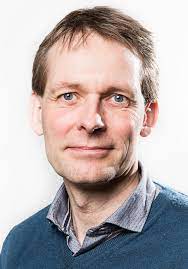
Jørgen Eriksen, Department of Agroecology, Aarhus University
jorgen.eriksen@agro.au.dk
Phone: +45 5168 0554
Project partners
- Sven Hermansen, Casper Laursen and Morten Winther Vestenaa, ICOEL
- Claus Petersen, Econet A/S
- Erik Ervolder Olesen, HedeDanmark A/S
- Bjarne Foged, DAKA Denmark A/S
- Veronika Hansen, Jakob Magid, Lars Stoumann Jensen and Carsten Petersen, Department of Plant and Environmental Sciences, University of Copenhagen
- Henrik B. Møller, Department of Biological and Chemical Engineering, Aarhus University
- Peter Sørensen, Department of Agroecology, Aarhus University
- Marie Riemar, Department of Agroecology, Aarhus University
